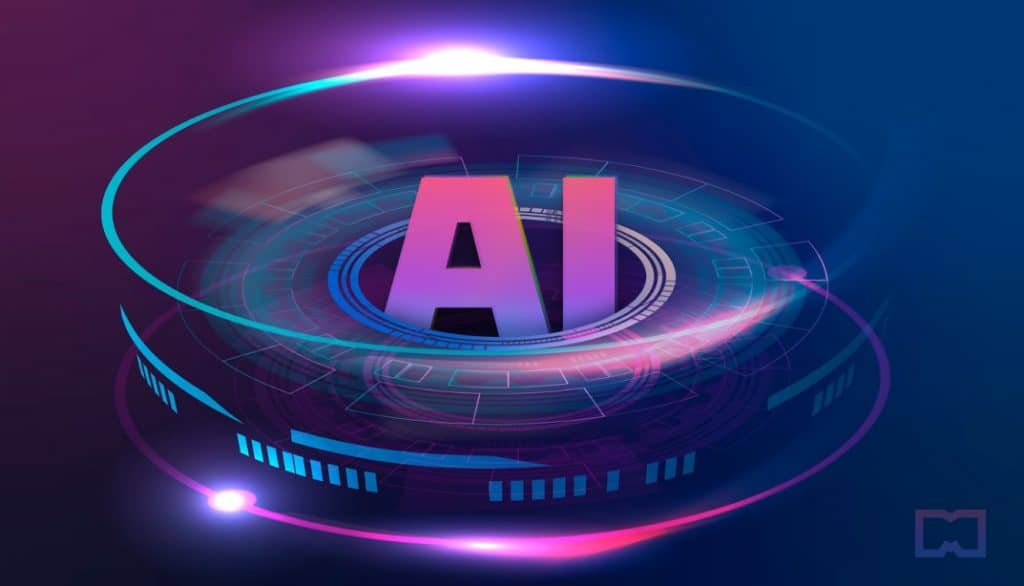Influential voices in the AI community are calling for enhanced financial commitment from both public and private sectors towards the safeguarding of artificial intelligence systems.
In Brief
A coalition of AI researchers has put forth a united statement urging both AI developers and government entities to significantly increase funding aimed at prioritizing safe and ethical practices in AI development.
The researchers conveyed their apprehensions about the swift evolution of AI technologies, highlighting the risk of amplifying societal inequalities, destabilizing communities, and posing serious threats to global security.

The esteemed researchers have encouraged that at least one-third of AI research and development budgets should be allocated towards ensuring the ethical and secure usage of these powerful systems.
In a joint letter Ahead of the international AI Safety Summit in London, these experts proposed several strategies aimed at mitigating risks linked with AI technologies, while also demanding that governments hold corporations accountable for any foreseeable harm resulting from their AI systems.
Prominent voices in the AI community, such as Geoffrey Hinton, Andrew Yao, Daniel Kahneman, Dawn Song, and Yuval Noah Harari, expressed in their letter that, 'AI systems could swiftly surpass human capabilities in various tasks, potentially intensifying social injustices, eroding societal stability, and undermining our common grasp of reality, which is crucial for social functioning.'
Furthermore, they cautioned that these technologies could empower significant criminal activities or terrorism. In the hands of a select few, AI could reinforce or worsen global disparities, enabling automated warfare, tailored mass influence, and widespread surveillance.
Immediate Actions Necessary for the Ethical Development of AI
The urgency of this appeal is driven by the belief that existing regulations are inadequate to keep pace with the rapid advancements in AI.
Experts in AI development recognize a pressing need to tackle intricate challenges. They emphasize that simply enhancing AI functionalities is insufficient. These challenges include oversight issues and ensuring honesty, as advanced AI may exploit loopholes, as well as concerns over reliability, transparency, risk assessment, and the rise of new complexities.
Future AI systems may present unexpected modes of failure, underscoring the necessity for major tech companies and governmental funders to allocate a considerable portion of their AI R&D budgets not just to advancement but also to safety and ethics.
As stated in the letter, the lack of appropriate AI governance could lead corporations and countries to prioritize technological capabilities over safety, or to entrust critical societal functions to AI with minimal human supervision.
For effective oversight, governments urgently require thorough insights into AI advancements. Additionally, stricter efforts are needed for high-capacity AI systems, which may include licensing their development, temporary halts in the face of concerning functionalities, restricted access, and robust security measures for sensitive information.
Despite apprehensions from AI companies about compliance costs and liability exposures, advocates maintain that stringent regulations are crucial to mitigate the associated risks stemming from unregulated AI progress.
'Artificial intelligence might become the defining technology of this century. While the capabilities of AI are accelerating swiftly, safety and regulatory measures are not keeping up. To guide AI towards beneficial outcomes rather than disasters, a shift in approach is necessary. A responsible path exists, should we choose to follow it,' remarked the authors of the letter.
Read more:
- What Do Tech Leaders Desire from Artificial Intelligence? Insights from Visionary Innovators
- OpenAI warns that while AI holds immense potential to harm humanity, halting its progress isn’t a viable solution.
- Sequoia Technologies notes a shift in AI towards comprehensive operating systems.
- Nobel Prize-winning economist Paul Krugman observes that the recent crypto surge bears similarities to the housing bubble.
Disclaimer
In line with the Trust Project guidelines Please keep in mind that the content on this page should not be construed as legal, tax, investment, or financial advice. It's vital to only invest what you are prepared to lose and to consult with an independent financial advisor if you have any uncertainties. We recommend reviewing the terms and conditions along with the support resources provided by the issuer or advertiser. MetaversePost aims for accuracy and impartial reporting, though market conditions may change unexpectedly.







